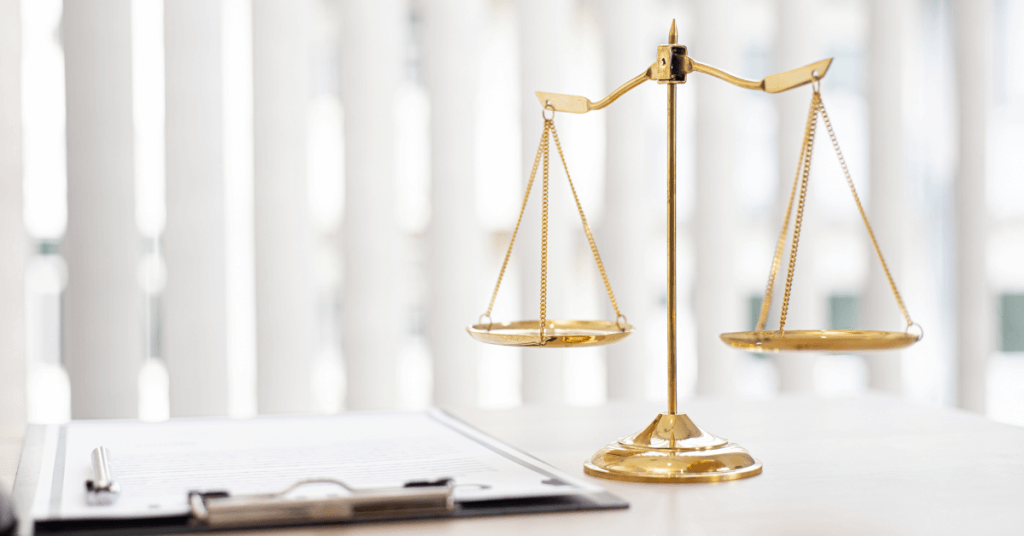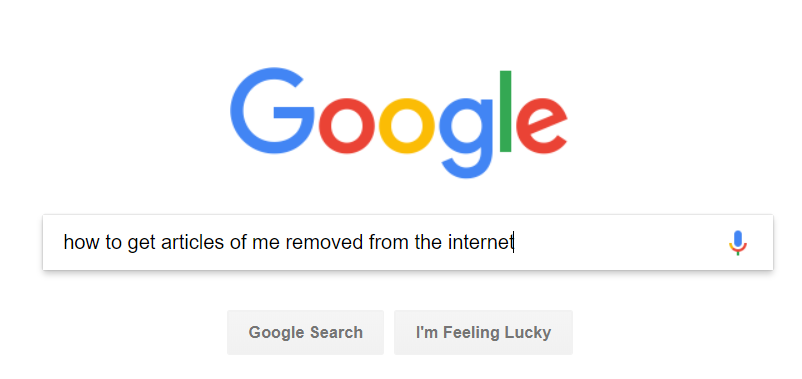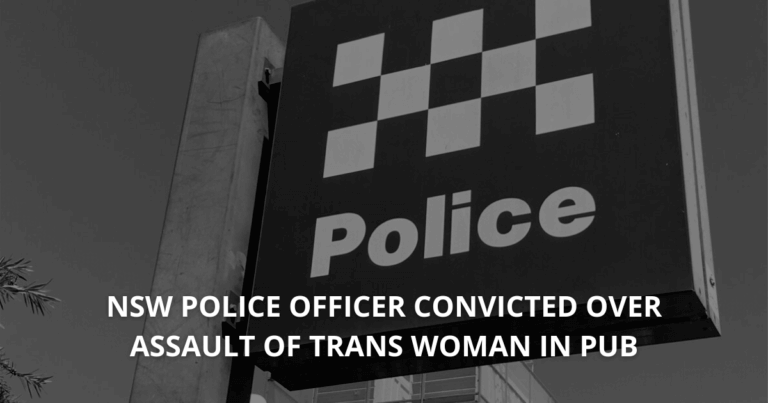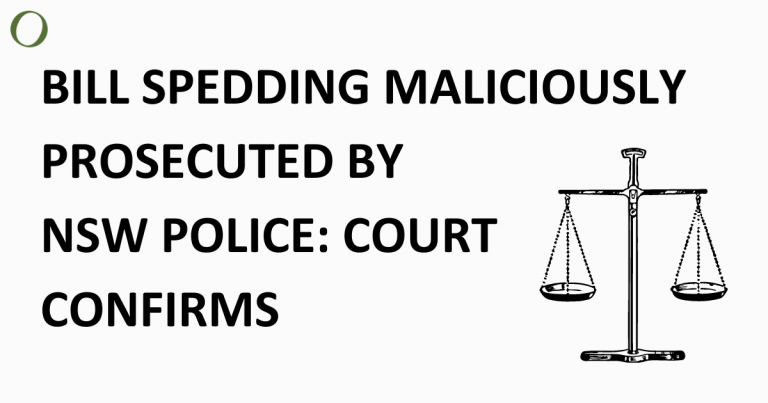Have you ever had an image, video or post about you that you prayed would never go viral?
The reality is that the widespread use of the Internet means that such content spreads like wildfire. Some of this content can be extremely personal and cause more harm than just embarrassment.
In May 2014 the European Court of Justice decided that people have the right to be forgotten meaning that search providers have an obligation to remove links to personal information that are inadequate, irrelevant, excessive or inaccurate. Since this ruling Google has received more than 650,000 delisting requests in the EU and has agreed to remove more than 43% of these links.
Divergent outcomes in U.K. cases
A case concerning this right was recently heard before the UK High Court. The Court heard the separate cases of NT1 and NT2 which both involved the appeal of Google’s decisions to refuse delisting requests by the applicants. What was interesting was the divergence in the outcomes for NT1 and NT2. The Court ruled in favour of NT2 and ordered that Google delist the search results in relation to his case. The court made an opposite ruling in NT1’s case stating that Google did not have to delete the links.
The divergence in the results between NT1 and NT2 highlight that the right to be forgotten is not an absolute right and that it must be balanced against the public’s interest. The decision against NT1 was because the information he wanted removed was “essentially public in character”, whereas NT2’s information about his crime “has become out of date, irrelevant and is of no sufficient legitimate interests to the public”.
Right to be forgotten does not extend to Australia
It is important to note that the right to be forgotten is unique to the 28 European Union member states and this right does not currently exist in Australia. With the widespread use of the internet it is very easy for someone to fall victim to derogatory articles especially when the media is always hungry to publish articles that can ruin someone’s reputation in an instant. Whilst defamation law can assist individuals in getting some content removed, this can only be done for defamatory material (i.e. it has to be false). The applicant will also need to make a claim against every individual publisher which is expensive and time-consuming.
But what about someone who had a conviction from a decade ago, has since rehabilitated and is trying to move on with their lives? Or simply someone who had an embarrassing personal video of them circulated around the net? People should be allowed to go about their lives without having to worry about irrelevant, personal content coming up if someone Googles their name.
The right to be forgotten should be extended to Australia with the ability to request a search engine to remove links to personal information that are inadequate, irrelevant, excessive or inaccurate.






